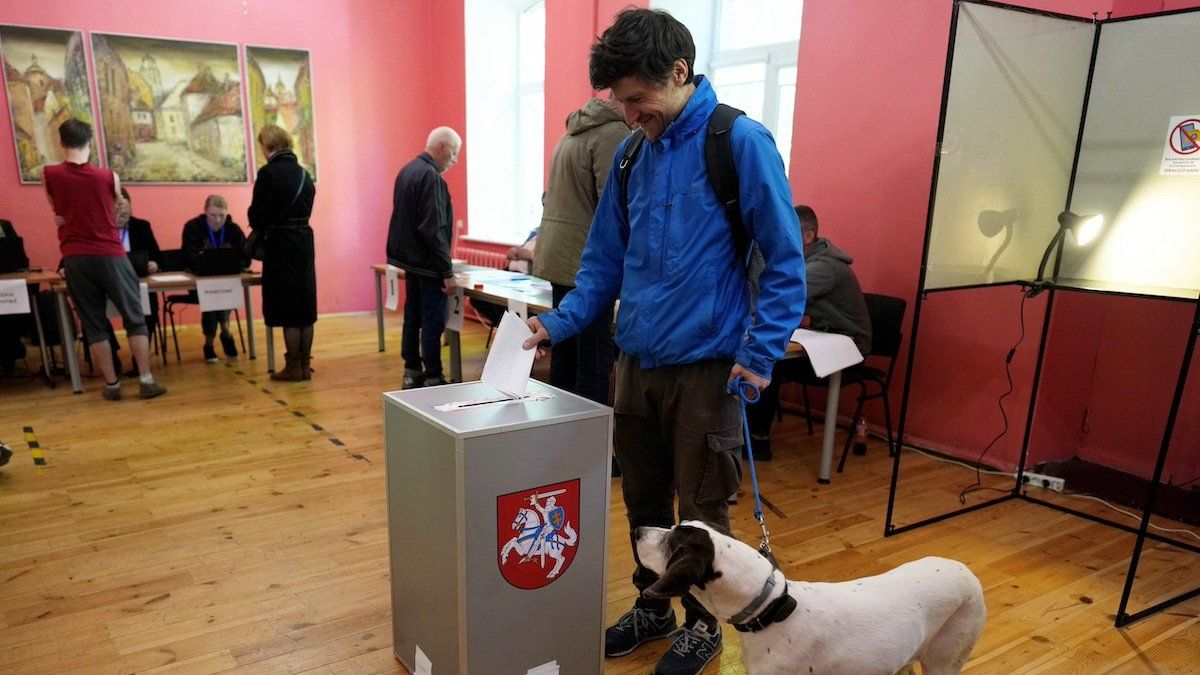On Sunday, Lithuania held both a presidential election and a referendum on dual citizenship, an issue that has divided the Baltic nation of 2.8 million people since its independence from the Soviet Union 34 years ago.
President Gitanas Nauseda took the most votes against seven other contenders, but did not win an outright majority and will face Prime Minister Ingrida Simonyte in a runoff election scheduled for May 26. While the candidates broadly agree on defense, they diverge on other issues, including Lithuania’s relations with China and same-sex unions. The referendum on dual citizenship, however, failed to pass.
The presidential race – and the referendum – took on heightened significance since over half of Lithuanians fear a Russian attack if Moscow wins its war against Ukraine. Lithuania banned most forms of dual citizenship after the country declared independence from the former Soviet Union in 1990. While the Russian-speaking population in Lithuania is relatively small, few Lithuanians support granting Russian citizens dual nationality.
However, without changes to the law, brain drain is likely to keep sapping away at Lithuania's population, which has fallen from 3.5 million to 2.8 million since independence. Roughly 1,000 Lithuanians currently renounce their nationality each year, and substantial diasporas have formed in Canada, Brazil, Russia, and the United States, which alone is home to 600,000 former Lithuanian citizens.
